Current and past working groups
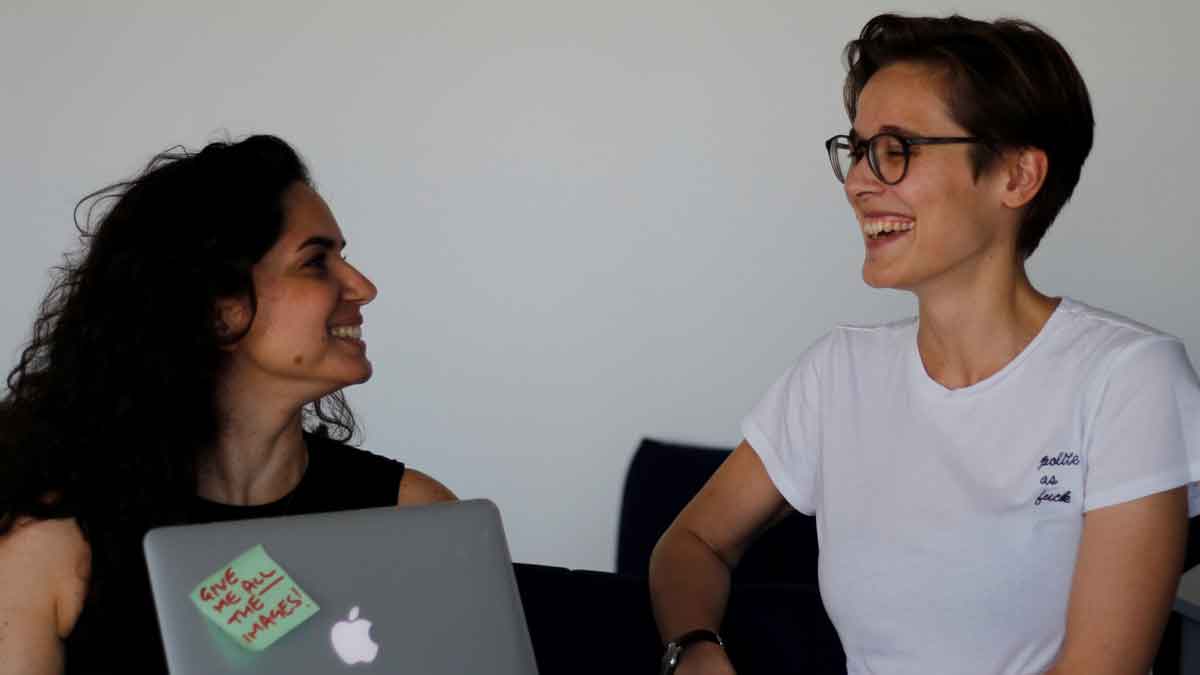
Current working groups
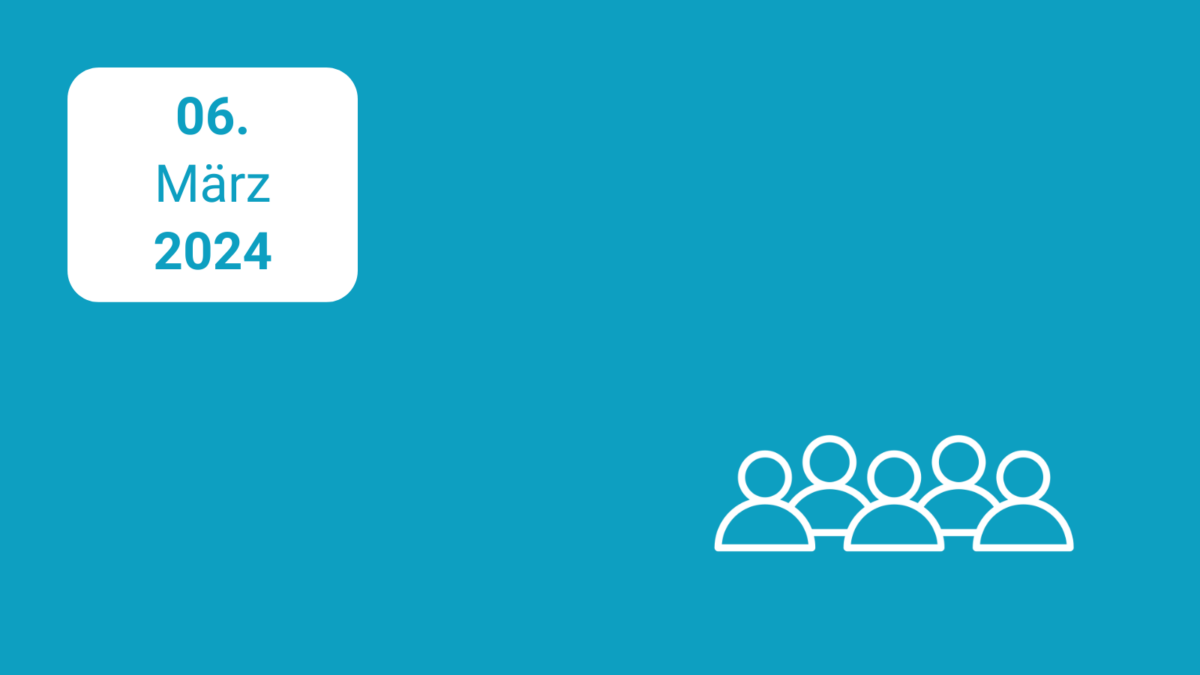
We are aiming to produce a joint publication in the format of a special issue in an international academic journal. Moreover, we also aim to publish a short article to the general public and the professional community of police organizations.

Our project makes a critical intervention in this debate by examining how four groups of actors – the tech and academic community, non-profit advocacy organisations, states, and corporations – have influenced how we conceptualise internet freedom and evaluating the real-world consequences of their ideas
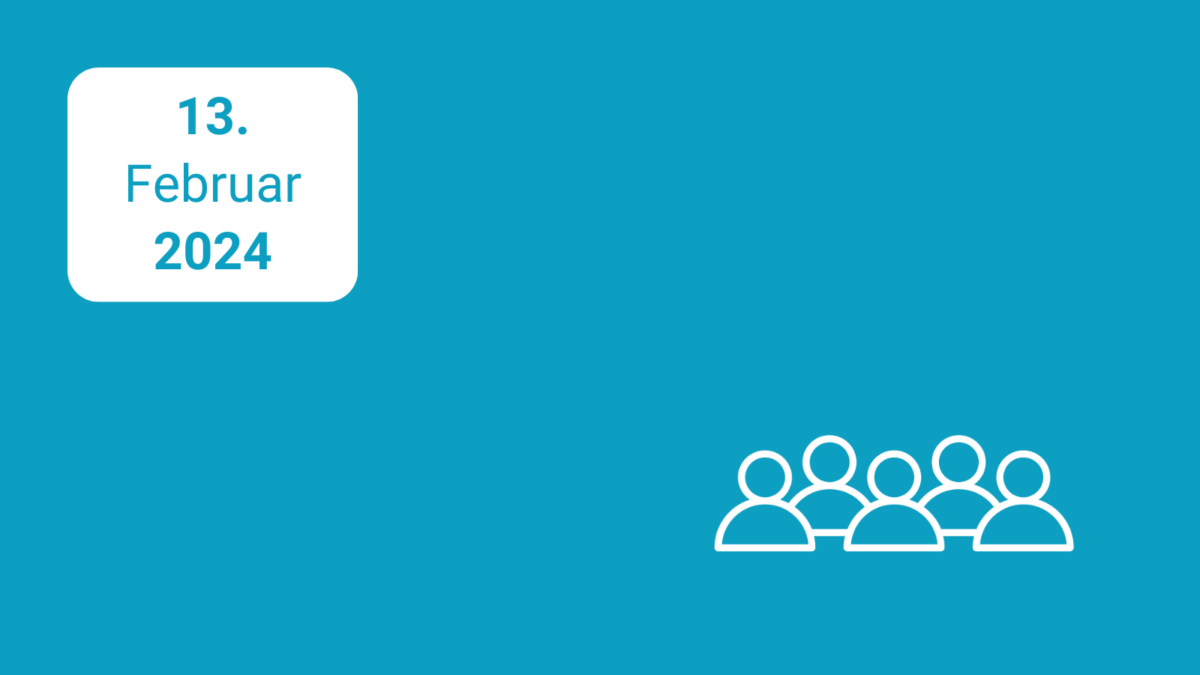
At CAIS, we will be researching and analysing ethical issues surrounding internet search. To this end, we will draw on previous findings from the Open Search Foundation’s Ethics Expert Group as well as interim results from the EU project OpenWebSearch.EU.
Suchmaschinen sind aus unserem Alltag nicht mehr wegzudenken. Die Websuche wirft jedoch zahlreiche Probleme auf, darunter einen monopolisierten Markt, mangelnde Transparenz, fehlende Privatsphäre, ethische und geopolitische Risiken. Künstliche Intelligenz verstärkt diese. Die Informationsvielfalt als Eckpfeiler der Demokratie ist gefährdet.
Am CAIS werden wir ethische Fragen rund um die Internetsuche erforschen und vertiefen. Dazu stützen wir uns auf bisherige Ergebnisse der Fachgruppe Ethik der Open Search Foundation sowie auf Zwischenresultate des EU-Projekts OpenWebSearch.EU
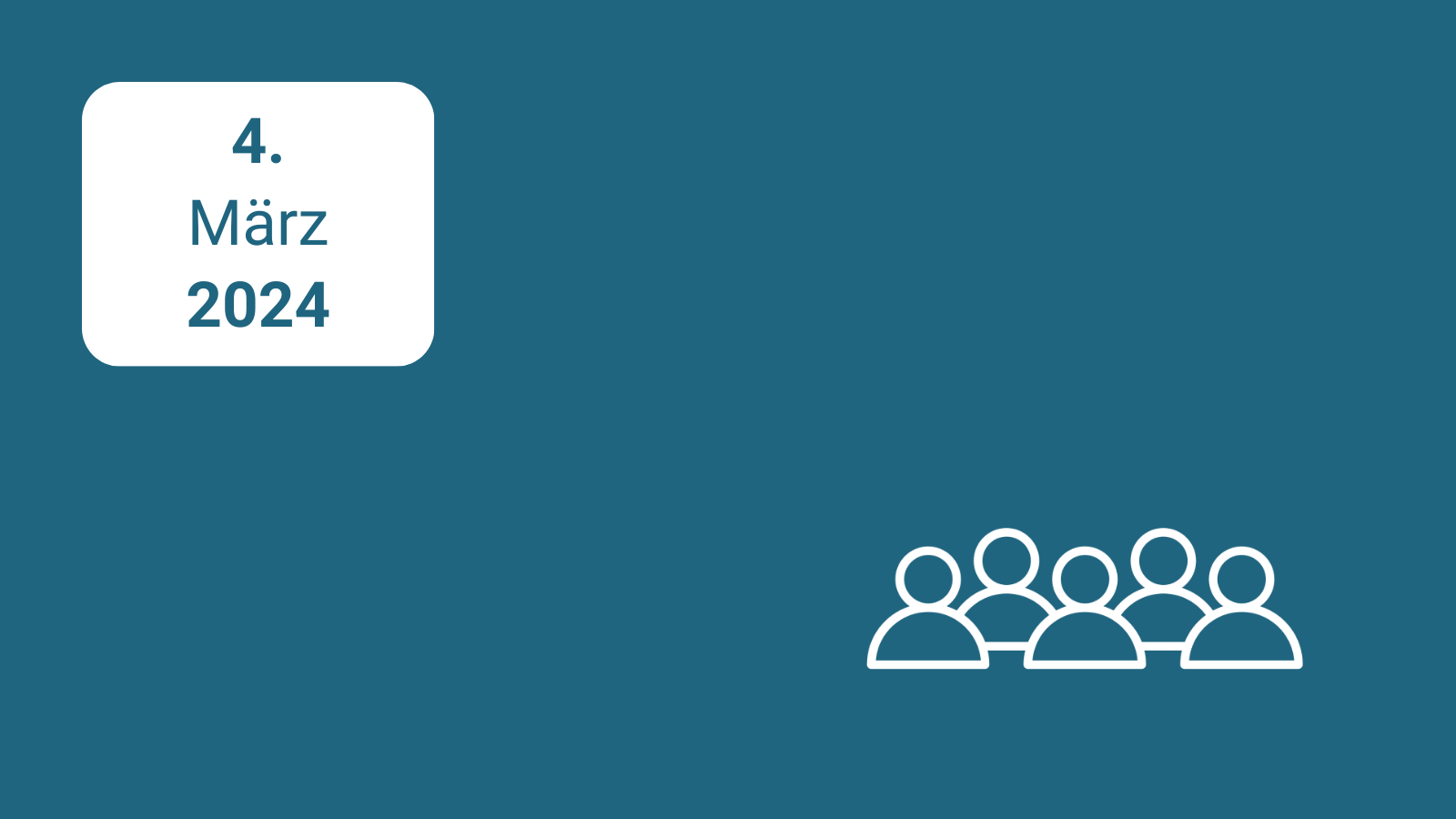
This workgroup, drawing on the linguistic and cultural diversity of its members, will analyze media coverage of generative AI in three different countries and three different languages: in Italian in Italy, In French in Switzerland and in English in the United States.
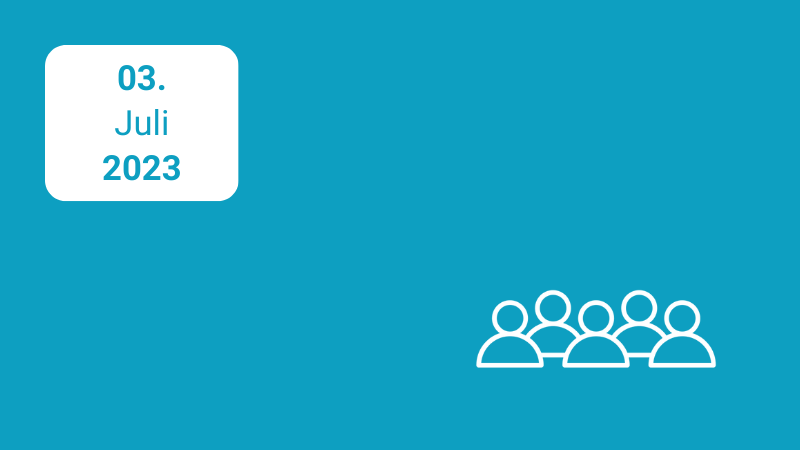
This proposed working group will analyse how various features connect far-right and religious nationalist movements across multiple media, platforms, and countries.

These three days (March 19-21) of collective work aim to bring together a diverse group of IBSA experts, ranging from representatives from civil society, academia, policymaking and survivors’ experiences, to elaborate fresh definitions and data regarding online gender-based violence and envision more inclusive and gender-sensitive technological, political and educational solutions.

This is what the Taste of the Algorithm working group is dedicated to: to examine the impact of algorithmic censorship of images on our visual culture—and to propose solutions across a wide range of fields. Our group’s artist will create works about censorship for social media: we’re curious how long those will last.

Working group to identify the potential, risks and needs of AI-based tools to support digital public participation processes

The aim and topic of the working group is the development of diachronic knowledge perspectives and sustainable research strategies for the study of the digital society
Investigation of the digital society.

There is an urgent need to understand how digital technology transforms the preservation/erasure of individual and collective memories of mass atrocities given the rapid growth of memorial activities online, but also the rise of denialism and misinformation associated with the past suffering. This workshop brings together academics and heritage practitioners to advance research and knowledge concerning online mass atrocity memorial practices.

The concern and topic of the Working Group is the development of diachronic perspectives and sustainable research strategies for the study of digital society
Study of the digital society.
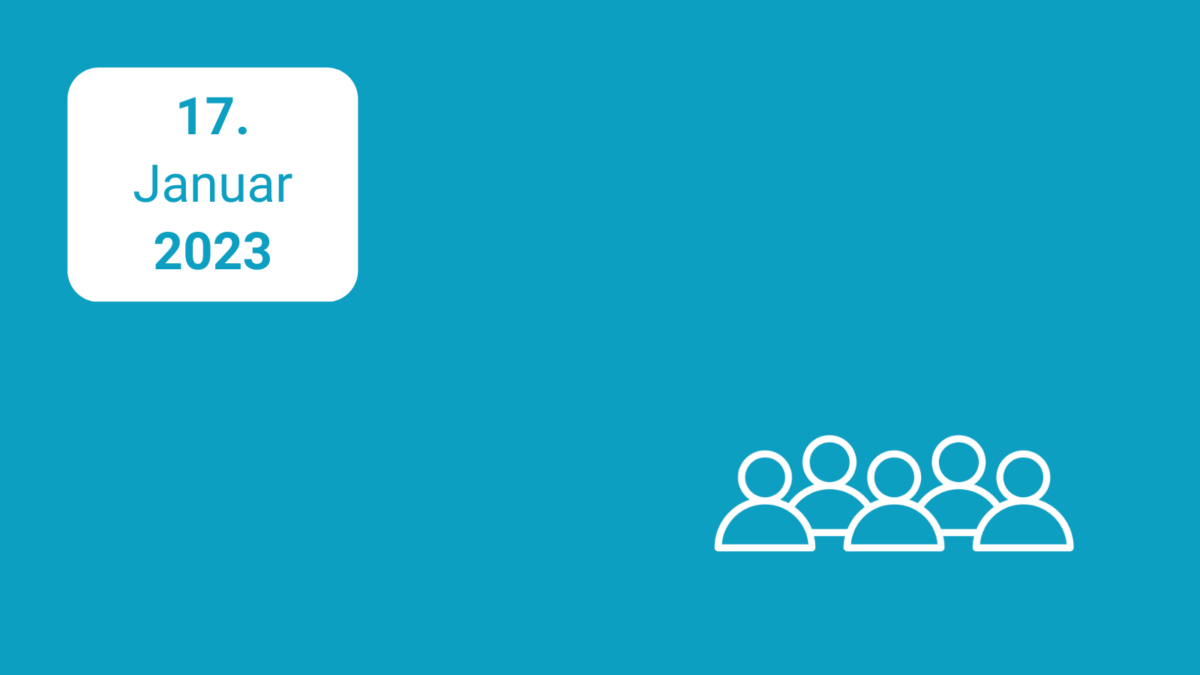
This working group by focusing specifically on the coping strategies of academics facing online harassment will acknowledge the academic milieu where online presence is encouraged while mechanisms to deal with digital hate, trolling and contestation are not dealt with.

The project investigates the co-shaping of humans and Artificial Intelligence (AI) by exploring the feasibility of adding gender-justice as a value to AI algorithms.
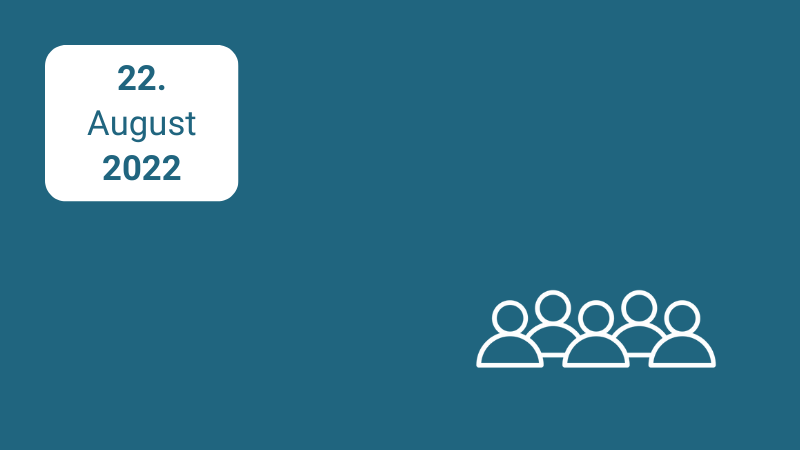
oracle(s) and Screen Readers brings together a transdisciplinary network of scholars and artists to research and engage with digital pedagogical practices through (screen) reading Black feminist thinking. Our working group feels into critical pedagogical practices that create infrastructures from the knowledges that disabled people, Black feminists and non-technical experts already hold. Our work together emphasizes care, labor relations and building trust together to enact radically different creative computational practice.
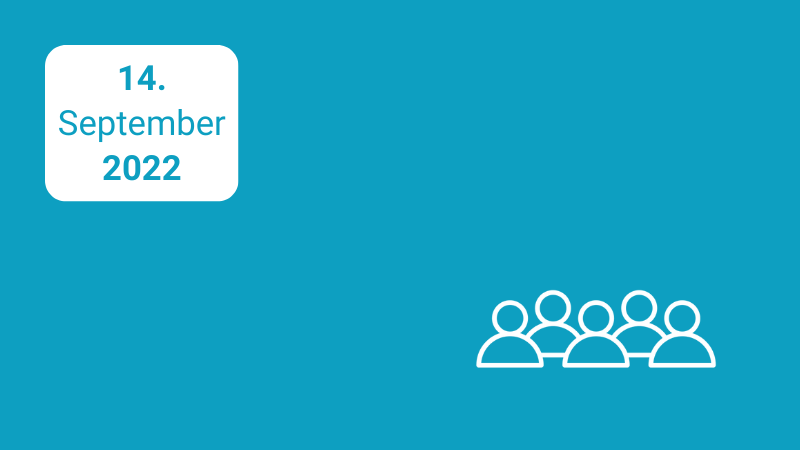
In the age of digital transformation, the reflective use of digital data is an area of competence that is increasingly finding its way into educational standards, university curricula and school curricula and is associated with data literacy.

Against the background of an increase in digitally supported empirical research in the course of the digital transformation and on the occasion of the new Federal Data Protection Act to concretise the EU Data Protection Regulation, an increased need for practical knowledge about data protection, personal rights, research ethics and data management has been observed among researchers.

This research group studies the phenomenon of automated engagement on Instagram and Tumblr as an ensemble of software affordances, human interests and techniques of mediation.
Past working groups
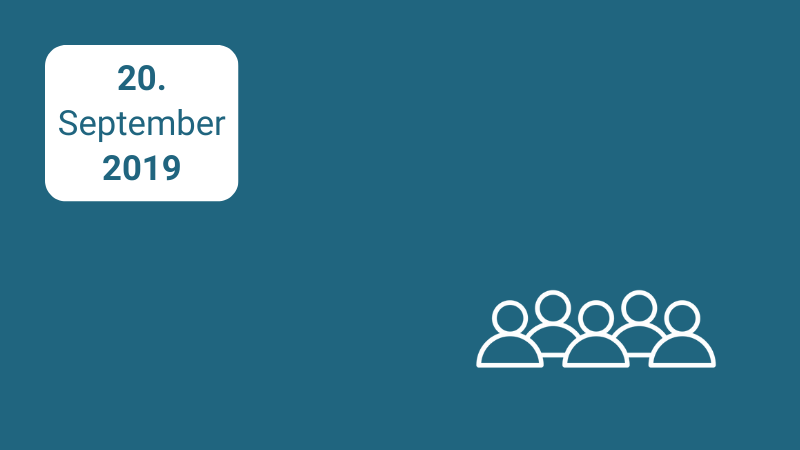
The aim of the working group is to prepare a proposal for the establishment of a DFG Priority Programme on the topic of “Second Sexual Revolution? Changing sexuality in the digitalised world: phenomena, causes, effects”.
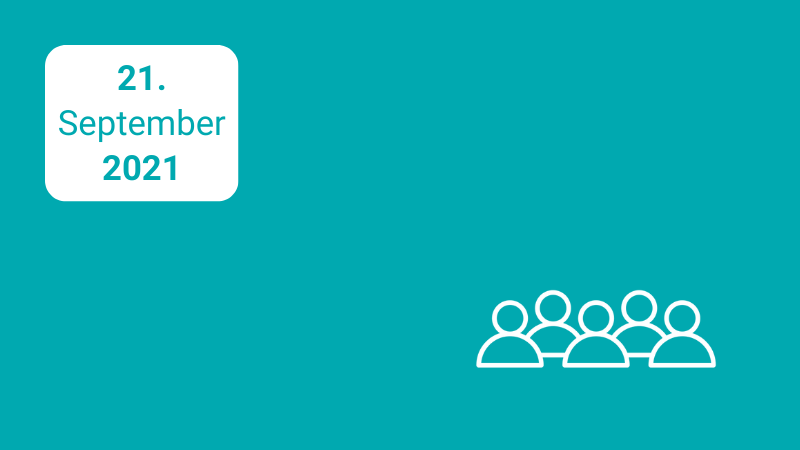
Without IT security, the digitalised society would not be able to function. IT security and its research must therefore not only be promoted financially and technically, but also protected legally. […]
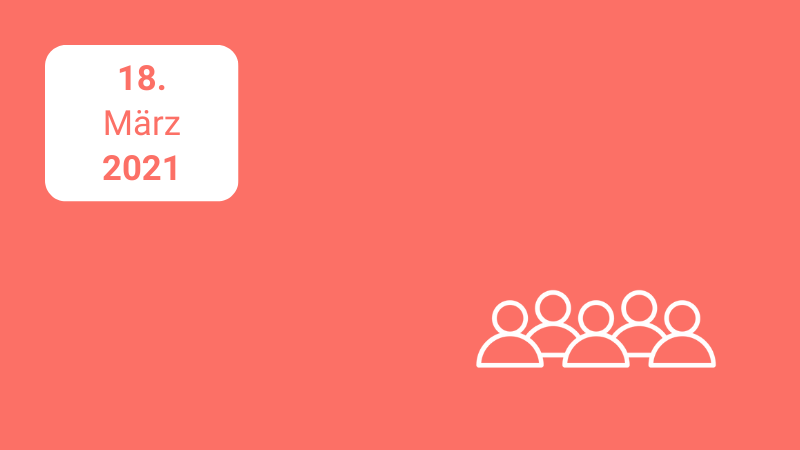
In the digital age, visibility and invisibility become significant categories in describing and explaining digital communication forms and content.
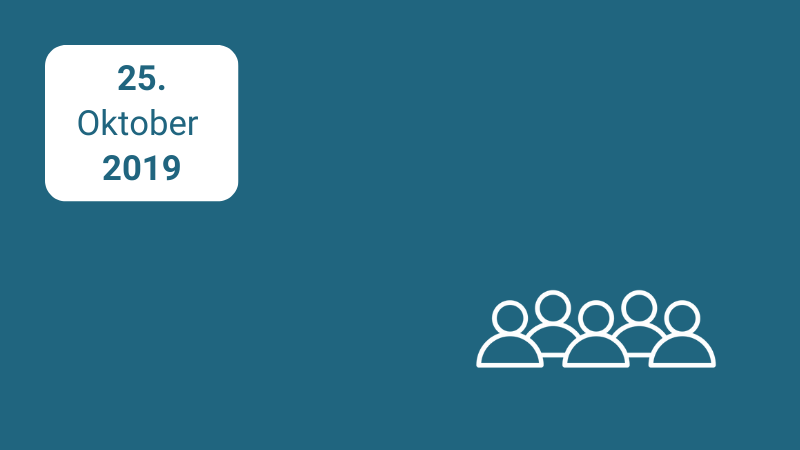
Computerbasierte Methoden wie Netzwerkanalyse, Text- und Datamining oder Computersimulation werden vor dem Hintergrund des technologischen Wandels immer relevanter.

The White Mailbox is to become a public institution that enables anyone to analyse hate messages.

The aim of the working group is to prepare a proposal for the establishment of a DFG priority programme on the topic “Second sexual revolution? Changes in Sexuality in the Digitalised World: Phenomena, Causes, Effects”.
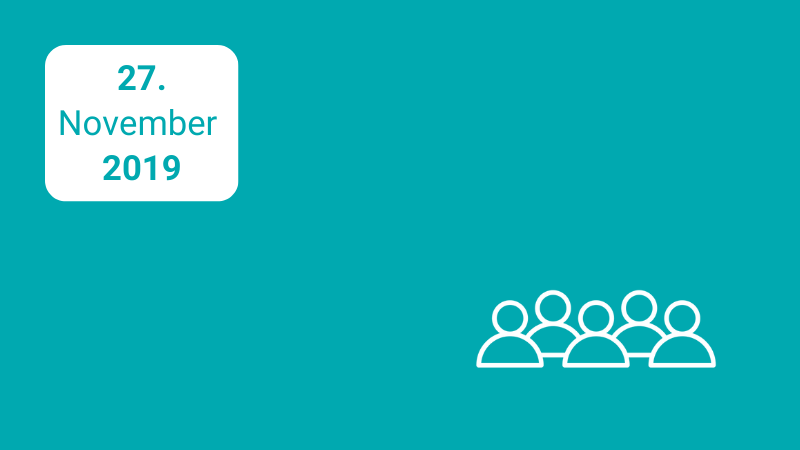
Core concepts, central assumptions and longstanding methodologies in the field of International Relations (IR) are in different ways being challenged because of the advent of networked technologies.
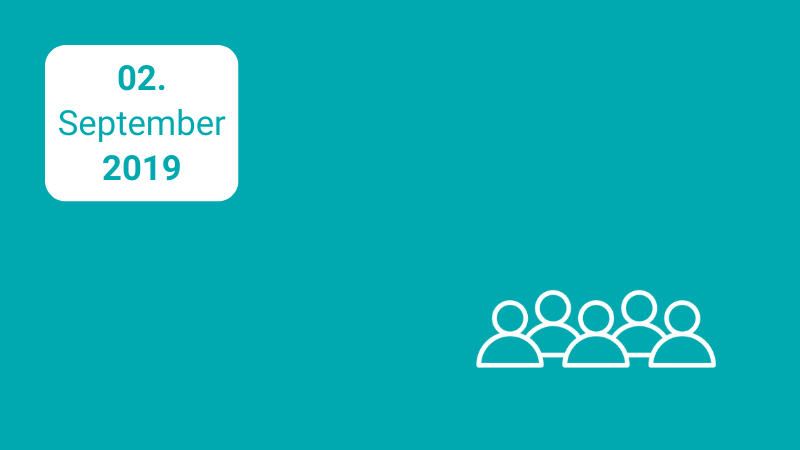
Crowdwork as a new form of digital work is often associated with low income opportunities and insecure employment conditions.